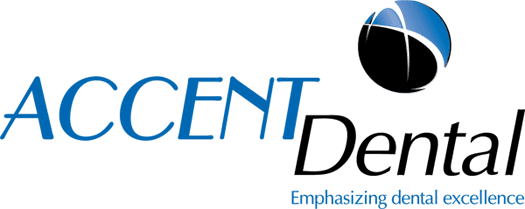5 Tips to Lower Your Oral Cancer Risk

Avoiding high-risk behaviors associated with oral cancer helps you protect your oral and overall health. Although no prevention exists for oral cancer, dentists can advise their patients to identify its risk factors and reduce their chances of getting the disease. Explore tips to lower your risk of oral cancer below.
1. Avoid Tobacco and Alcohol Use
People who smoke are more likely to get oral cancer than people who don’t smoke, making tobacco the largest risk factor for the disease. Smoking exposes your mouth to carcinogens and toxins, which place you at risk for many types of cancers, including cancer of the lung, esophagus, liver, mouth, and kidney.
Most people assume that cigars and pipes are less harmful than cigarettes, but they are just as risky. Pipe smokers are prone to developing lip cancers in parts where the stem rests. Chewing tobacco and snuff also results in the ingestion of cancer-causing agents.
Alcohol use is another risk factor for oral cancer, especially among people who also ingest tobacco. Alcohol functions as an irritant when consumed. As damaged cells try to repair themselves, DNA changes occur, increasing cancer risk. Alcohol also facilitates the entry of toxins into the cells protecting the upper digestive tract.
2. Limit Sun Exposure
While you may associate prolonged sun exposure with skin cancer, ultraviolet light is another risk factor for lip cancer. People who work outdoors, especially during the middle of the day when sunlight is strongest, are more likely to get lip cancer, which spreads to other parts of the mouth if undetected.
If you can’t limit sun exposure, wear hats and apply lip balms with SPF. Reapply the lip balm several times during the day, particularly when you eat or drink.
3. Load Up on Healthy Foods
Your diet can substantially reduce your vulnerability to oral cancer or enhance the risk of occurrence. So, pay attention to the foods you consume, and stock up on plenty of fruits and vegetables. The antioxidants and vitamins in carrots, apples, turmeric, squash, Brussels sprouts, and other protective foods boost your body’s immune function.
Eating healthy foods isn’t enough, as your cooking habits affect the number of nutrients your body gets. Frying kills most protective agents in veggies, so bake, steam, or boil your foods.
4. Reduce Your HPV Risk
HPV-related oral cancers have become increasingly prevalent in recent years. Human papillomavirus is a group of common viruses that linger in the body’s moist membranes, such as the mouth, throat, and cervix. HPV has many strains, some of which don’t cause any issues and others that are linked to cancers.
You can have HPV in your mouth and stay healthy. However, another person may get it from a single sexual contact and develop health issues like oral cancer. The best prevention is practicing safe sex and limiting sexual partners. Most hospitals offer an HPV vaccine, but it works best among people who aren’t yet sexually active.
5. See the Dentist Regularly
Dental practitioners do much more than clean teeth and install braces. During a checkup, your dentist examines your gums, throat, soft palate, and neck to identify any abnormalities.
In case of mouth sores, reddening, or swelling, your dentist requests X-rays to uncover any issues below the surface. The clinician also refers you to the right specialist for follow-ups. As with most cancers, oral cancer has a high survival rate with early detection. So, keep up with regular dental visits and good oral hygiene habits.
Avoiding the risk factors for oral cancer is the first step to protecting your oral health. Next, schedule regular screenings to detect problems early. At Accent Dental, we use an advanced, state-of-the-art system to check for precancerous risk factors and tissue abnormalities. Contact our team today to explore our dental services.

